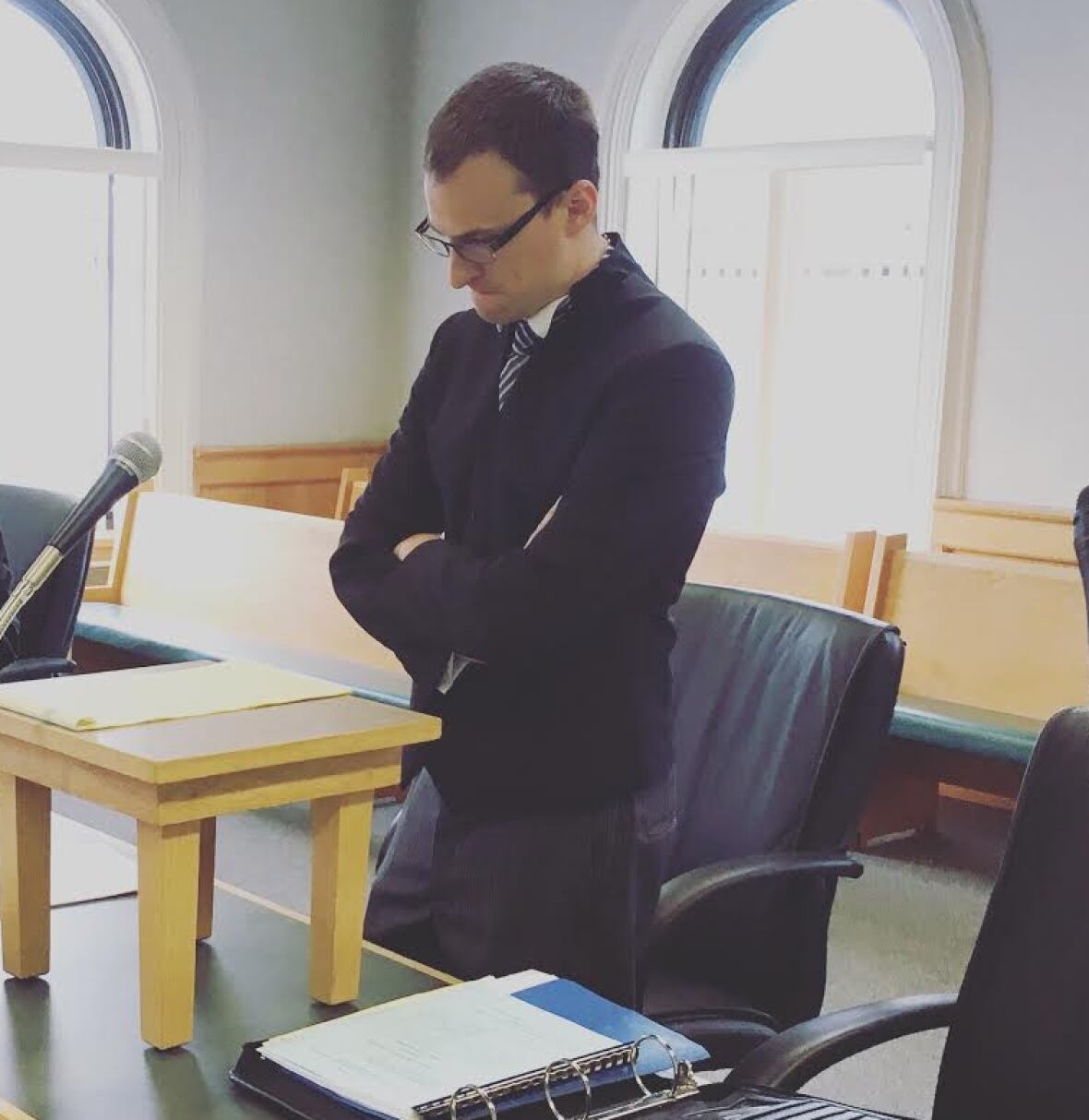St. John's cancer patient who applied for MD-assisted death has died, of natural causes
Patient in mid-60s died just days after his court application was withdrawn
A prostate cancer patient who asked Newfoundland and Labrador's Supreme court to rule on his eligibility for a physician-assisted death has died, according to his lawyer.

The man, who was in his mid-60s, died of "natural causes" a few days after his court application was withdrawn in late June.
Lawyer Kyle Rees said Thursday the man died without the assistance of a physician.
Rees said it's "sad' that in the end his client never received the physician-assisted death he was seeking.
The St. John's man's application was made after an earlier court ruling struck down parts of the Criminal Code regarding medically assisted suicide.
The cancer patient had applied for a declaratory order from the Supreme Court stating that helping him die would not be illegal.
- Terminally ill St. John's man applying for province's 1st doctor-assisted death
- No court decision on St. John's man's request for doctor-assisted death
- Patient seeking N.L.'s 1st doctor-assisted death expects it may happen soon
Court documents said two doctors had agreed to help the man end his life, but would not to do without a clear declaration.
Rees said there was some ambiguity in the Supreme Court of Canada's decision — which struck down laws against assisted death — on whether a court order was required each time.
The application was heard in court but a new federal medically-assisted dying legislation was adopted before a judge gave his decision.
Rees said Bill C-14, which was passed by parliament in June, does not require a court order for each case. So, on June 22, he withdrew his application to the court.
Rees said the new legislation is more restrictive than the Supreme Court's original instructions.
In particular, he said he expects the new requirement that a person's natural death be "reasonably foreseeable" before a medically-assisted death can take place will be challenged.
"There's going to need to be some degree of definition or pronouncement from the court on that new criteria," said Rees.

